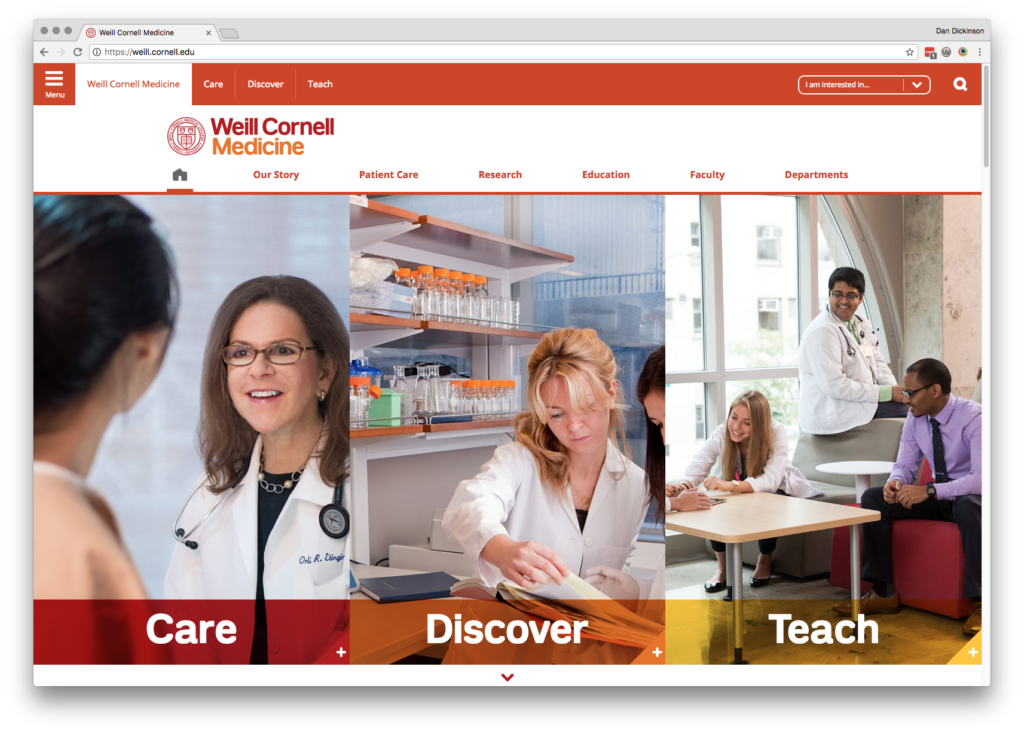Sometimes, programming feels like magic: you chant some arcane incantation and a fleet of robots do your bidding. But sometimes, magic is mundane. If you’re willing to embrace the grind, you can pull off the impossible.
Jacob Kaplan-Moss
Tag: work
The Web is a Flat Circle
Twenty-something years ago, around my junior year of high school, I applied for an Independent Study project. The proposal: build a website for my school district.
That project was old enough that it predated archive.org, so I can’t even pull a screenshot out of the archives. But a few times a week, I trudged along in assembling a website for the three schools in the district.
This was, strangely, not new work for me at the time: I was already holding a part-time job for the one web design firm in my tiny town. So roughing out a site structure, scanning photos via a SCSI flatbed scanner, hand-writing the HTML code and picking the right hex colors was a relatively familiar feeling.
The site launched at tburg.k12.ny.us, which was a particularly weird domain, even then. (In a weird bit of internet trivia, the hosting was provided by John R. Levine of “Internet for Dummies” fame, who not only lived in my town but later became the mayor.)
It wasn’t a particularly great site or deep site – you get what you pay for having an angsty teenager design your theoretically professional website – but it felt good to build an internet presence for the place I spent most of my time.
Today, after 13 months of work, 639 tickets, and more meetings than I can genuinely remember, we pulled the trigger on the relaunch of weill.cornell.edu.
Nothing about it is what would qualify as a marvel of modern web engineering. There’s no blockchain, no bespoke node.js content management system, no deep social integration at the cost of your personal data. It’s just a nice website that tells some important stories about a medical school. (I’m big on storytelling this year.)
I’m grateful to have had a great team working with me every day to pull this off, even when I’m spitballing new ideas late in the project.
I’m grateful to have management above me who trusted my vision and my approach, even when what I’m explaining is confusing and foreign.
And I’m grateful that I got the chance to leave my imprint, however temporal a website may be, on an institution like WCM.
A decade ago, I inexplicably got invited to present at Apple Store SoHo. For an hour, I tried my best to regale Apple Store customers with game demos, a few jokes, and my best sales pitches. It was my first real-world post-college “presentation”.
It was pretty bad, from what I can recall.
These days, I can’t seem to stop talking. I’ve given two work-related talks in the last month. I’ve appeared on four podcasts in the last week. I actually like speaking in public.
What’s the difference between now and then? Knowing.
It’s knowing what you’re talking about, and trusting in that knowledge. It’s easy to fill yourself with doubt when speaking publicly, and worry that you might make a fool of yourself. Truth is, so long as you can speak naturally, you won’t.
It’s knowing your audience. Who’s listening, and what are they expecting? What do they want to get out of it? Figure that out, and focus on it.
It’s knowing your tools. Some expertise in PowerPoint or Keynote goes a long way, sure. But know what your laptop does when you plug it into a projector. Know if the venue even has a projector. (Sometimes it doesn’t.)
It’s knowing how to tell a story. Maybe there’s a hook, maybe there’s a twist, maybe there’s a moral or punch line. Your job is to get your audience to that payoff in an interesting way.
It’s knowing when to talk, and when to let things breathe. Silence feels uncomfortable, especially in front of a crowd. Giving your ideas space lets them develop and sink in. Avoid talking just to fill the silence. Avoid stating the obvious.
It’s knowing how to improvise. Network connections go down, so figure out what you’d do without the live demo. Questions come out of left field, so be game for anything. Figure out how to deal with curveballs.
And here’s the curveball in my advice: presenting isn’t any different from the rest of your life. All these skills? You need them just as much when you’re not waving your arms at slide decks.
Don’t treat it as a separate activity. You’re always presenting. You probably just didn’t know it.
